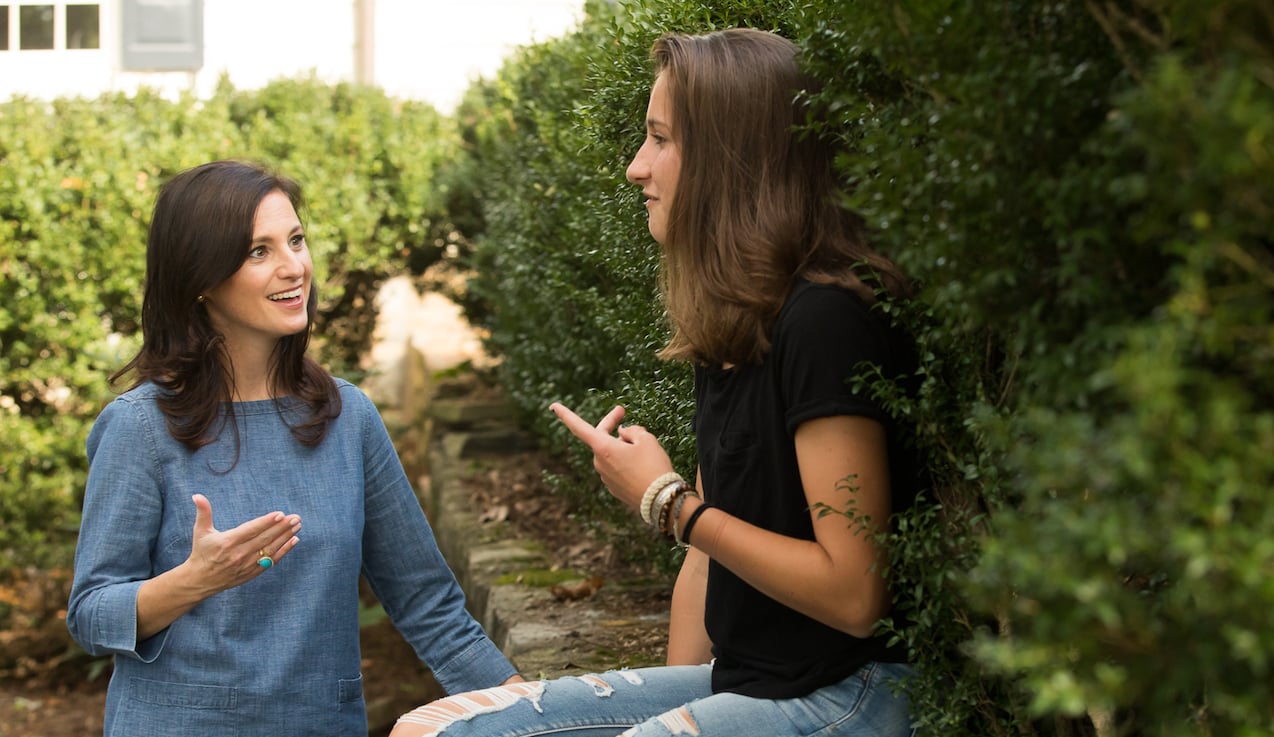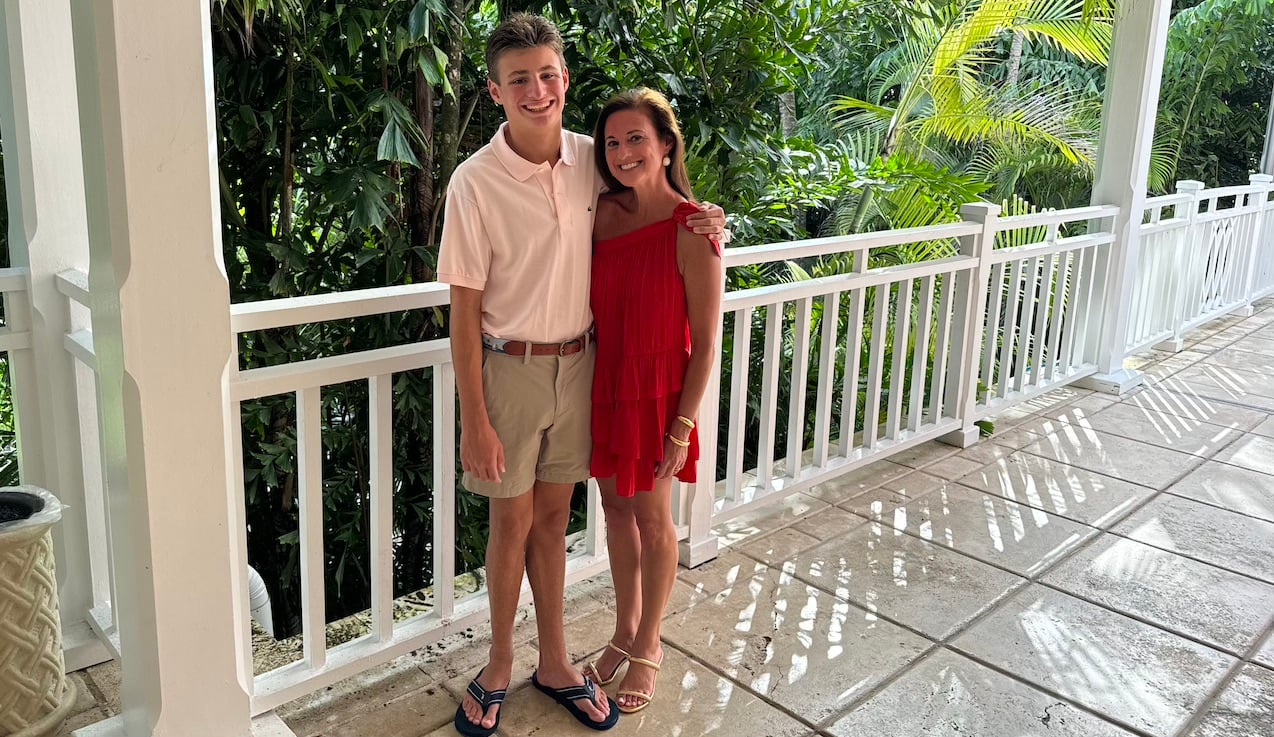I just returned from a quick trip to Florida with my three kids. Now I realize why my parents NEVER took us on a real vacation. It's expensive. Really expensive. As I reviewed the itemized receipt from the hotel on our last day, I felt a pit in my stomach.
Just a week earlier, the parents of a high school junior asked me if they truly needed to visit every college their child ended up applying to as they worried about paying for this unexpected expense. I wanted to tell them not to lose sleep about this, but I know the truth. Many private and even some public universities expect all students, except the ones coming from low income backgrounds, to visit before they apply. If they don't, the student is significantly disadvantaged in the admissions process. These colleges that expect you to visit, use a dirty little secret called "demonstrated interest" in their admissions process. And it's got to stop.
So here's what you need to know about making an official college visit:
- Before beginning your visits, find out which colleges on your initial list consider "demonstrated interest" in the admissions process. If they do, make these visits a priority.
- When you arrive in the admissions office, you must check in, sign in, or do whatever you need to do to make sure they know you visited. Drive-by visits, touring on your own, or even getting a friend to show you around who is not an official tour guide don't count in the eyes of colleges who use demonstrated interest.
- You can ask the admissions office if they use demonstrated interest, but they don't like to publicly acknowledge this. They are somewhat embarrassed by the ridiculous hoops they make students jump through and they are generally very coy about this unsavory practice.
- If colleges are not going to be transparent about demonstrated interest, look up the college's most recent "Common Data Set" which includes key information about the data they typically like to hide. Go to the chart titled "Basis for Selection" under "First-Time, First-Year (Freshman) Admission." Scroll down to the bottom of the chart to "Level of applicant's interest." This is code for "demonstrated interest." If the college indicates that this is "considered," "important," or "very important," make sure to visit.
- If you are not able to visit a college that tracks demonstrated interest before you apply, make sure to do all of the other ridiculously absurd things they want you to do to show them you are interested in them:
- Open each email they send, follow up or respond to all of them;
- Visit their table at the local college fair and fill out an informational card to let them know you were there (even if you already filled one out before);
- Attend the presentation at your high school when the admissions officer visits;
- Go to any local programs the college hosts;
- Watch their Facebook Live sessions;
- And write a love poem to them (just kidding on the last one!).
"When you hear about high-achieving students not getting admitted to certain colleges it usually comes down to "demonstrated interest."" TWEET THIS











